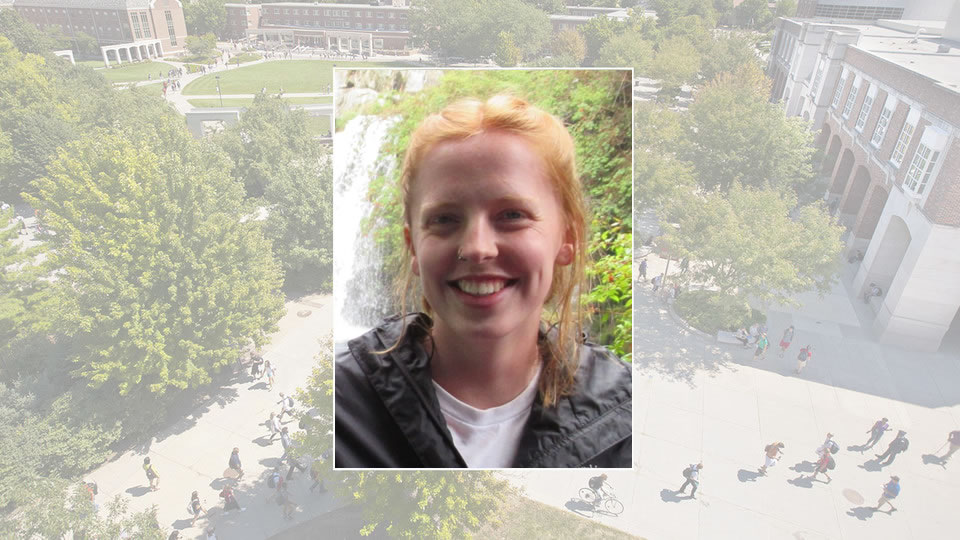
- Majors: Sociology, Global StudiesMinors: Latin American Studies,
- Human Rights and Humanitarian Affairs
I got involved with the USTAR program because of a general sociology department email that highlighted Dr. Burke’s need for a USTAR student. I decided to get in contact with her because I had an interest in doing research but was wary of reaching out directly to different faculty members to see if they had any need of a research assistant. I am so glad that I decided to apply because it has been an experience that I believe I will rely on for many years to come. The program has been a great resource for me and having a flexible schedule allowed me to work when I had the time and to practice time management.
The USTARS program has further sparked my interest in the research process and has prepared me by giving me opportunities to participate in different steps and methods within social research such as compiling potentially useful literature review articles, transcribing interviews, and coding various texts such as research articles, newspaper articles, and transcripts. It has also helped me to think critically about the research process which I can use whether I go into the academic and research field as a career or continue to keep myself informed by critically examining published works of research on their methodology and findings. This program has also given me connections that will be invaluable when I begin the process of applying for graduate school.
Throughout my time within the USTAR program, I have worked with Dr. Burke doing a variety of different tasks on a few of her current projects. At the start of my time with the program, I assisted her on her project examining the debate and recent state resolutions declaring pornography to be a public health crisis and making claims of pornography addiction. For this project, I used different databases to access research published on pornography use and later coded those articles based on relevancy, research design, and findings. I also did this same process with newspaper articles in which everyday citizens were making claims about pornography. Another aspect of this project was interviews with prominent members of the debate on both sides and I spent time transcribing those interviews. Most recently, I have been working on Dr. Burke’s project that she is doing with Dr. Kazyak on Nebraskans’ support for the proposed bill that would make sexuality and gender identity a protected class status which would mean that individuals who were neither cisgender nor heterosexual would be protected from being fired based on their identity.
My biggest goal was to be able to understand as much about the social research process as possible so that if someone asked me about my time in the sociology department and how sociological research works I would not only be able to use what I have learned in my classes but I would also be able to draw on my personal experience in the research program. Specifically, from my time working on the pornography debate project I wanted to be able to inform others of the different sides of the debate as well as to be able to explain what I have learned and why I think doing work on such a controversial and taboo subject is important.
I think the pornography addiction project is important because with the increased access to pornography through free online sites and with younger and younger kids having access to internet which includes these various sites there is no doubt that pornography plays a significant role in our society and can be formative of sexual ideas and desires at a young age. Regardless of what stance one takes on pornography, it is impossible to deny that it has infiltrated itself into the fabrics of American society. I think examining how the debate about its effects whether negative or positive and the reaction to its existence is important because it will shape how it is dealt with in the future.
I got involved in this project because I found the topic to be quite intriguing from the beginning and I hadn’t heard of research like this before. Having this initial peak of interest, as I continued to be involved my interest grew because there was this whole realm of research and debate that I was completely unaware of. From my experience, I grew up with the conception that most men watch porn and that people who were against it were either religious or their objection had something to do with the degradation of women. While I had never formed a strong opinion on pornography, this was my understanding of the general society’s belief. It had never occurred to me how rich the research and debate could be and I have enjoyed speaking about my experience and opening up dialogues about how others think about pornography in our society.